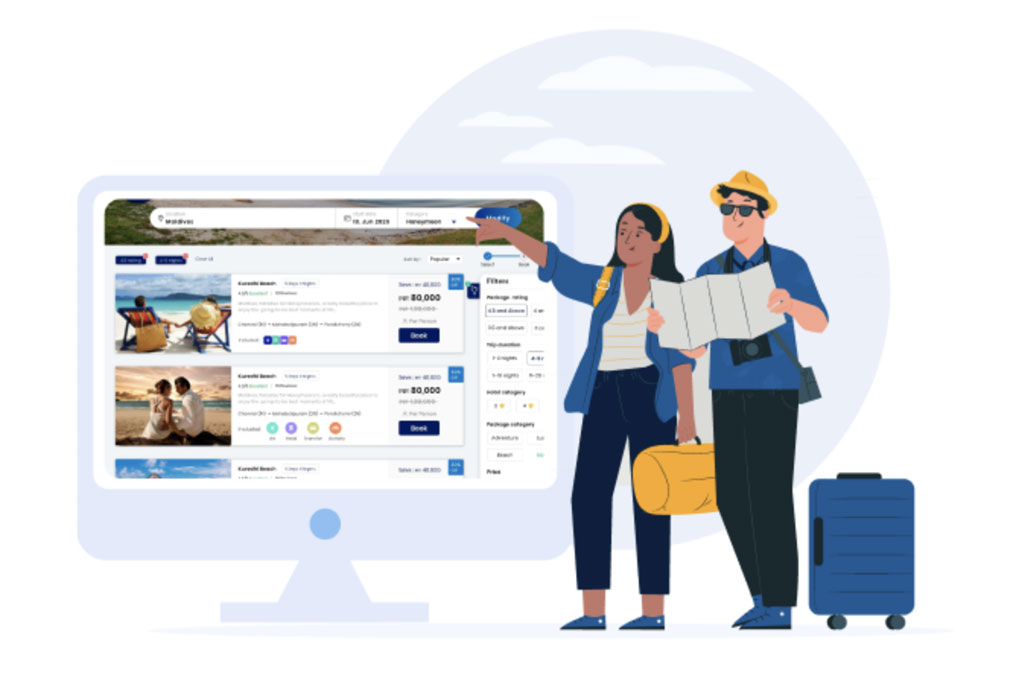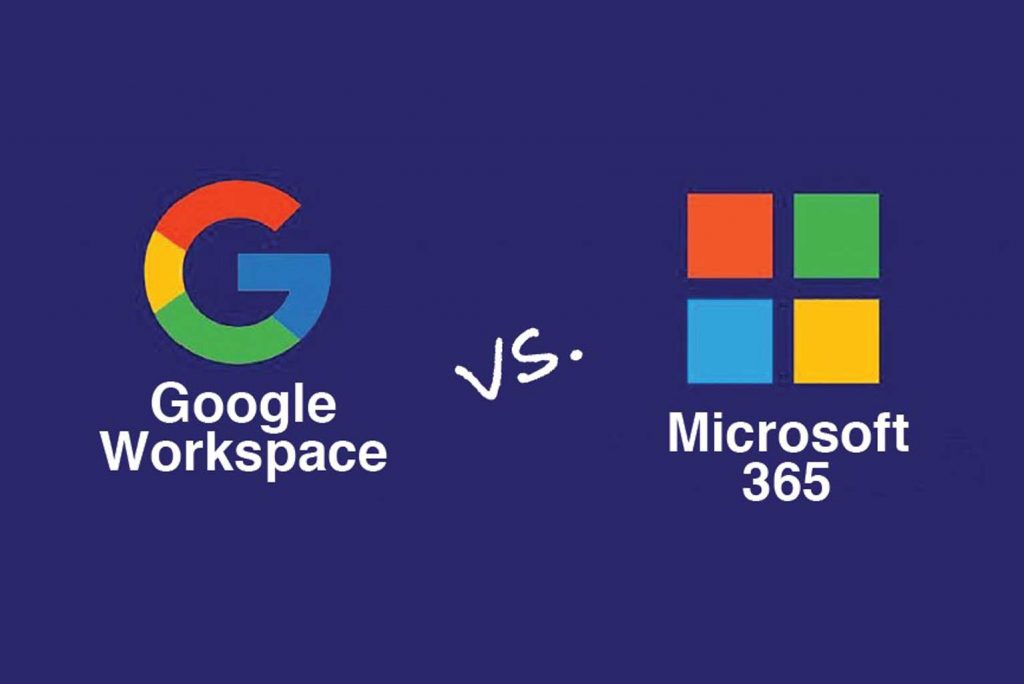Having a strong online presence is vital for businesses in every industry, and the travel and tourism sector is no exception. Tour operators, in particular, can greatly benefit from harnessing the power of a well-designed website. In this article, we will explore the numerous advantages that tour operators can gain by effectively utilizing a website as a central component of their business strategy.
Increased Visibility and Reach: By establishing a professional website, tour operators can significantly enhance their visibility and expand their reach to potential customers worldwide. With the right search engine optimization (SEO) techniques, a well-optimized website can attract organic traffic from search engines, boosting brand awareness and attracting targeted leads interested in their offerings.
Showcasing Tour Packages and Itineraries: A website serves as a digital brochure for tour operators, allowing them to showcase their diverse range of tour packages, itineraries, and experiences. Engaging visuals, detailed descriptions, and compelling storytelling can be used to capture the attention of potential customers and persuade them to book a tour.
Online Booking and Seamless Reservations: One of the most significant advantages of having a website is the ability to offer online booking and seamless reservation systems. By integrating a user-friendly booking engine, tour operators can streamline the reservation process, allowing customers to book and pay for their tours with ease, 24/7. This convenience can lead to increased conversion rates and higher customer satisfaction.
Personalization and Customization: Websites can provide tour operators with a platform to tailor their offerings based on customer preferences. By implementing advanced filtering options and personalized recommendations, operators can create unique itineraries that cater to individual interests, increasing the likelihood of conversion and customer loyalty.
Building Trust and Credibility: A well-designed website instills trust and credibility in potential customers. By including customer testimonials, reviews, and showcasing industry affiliations and certifications, tour operators can establish their expertise and reliability. Additionally, providing informative content such as destination guides, travel tips, and FAQs can position tour operators as valuable resources, further building trust with the audience.
Leveraging Social Media Integration: Tour operators can leverage their website to integrate social media platforms seamlessly. By integrating social sharing buttons, operators can encourage customers to share their experiences on social media, amplifying brand reach and generating user-generated content for marketing purposes.
Data Analytics and Insights: Websites equipped with analytics tools provide valuable data and insights into customer behavior, preferences, and trends. Tour operators can leverage this information to refine their marketing strategies, optimize their offerings, and make data-driven decisions that enhance customer satisfaction and drive business growth.
Mobile Optimization: In an era where mobile usage continues to rise, optimizing websites for mobile devices is crucial. Responsive design ensures that the website displays seamlessly across various screen sizes, providing an optimal user experience and catering to the needs of mobile users who are increasingly relying on their smartphones and tablets for travel-related searches.
Tour operators must leverage the power of a well-designed website to their advantage. By capitalizing on increased visibility, streamlined booking processes, personalization, and data-driven insights, tour operators can enhance customer engagement, boost conversions, and ultimately drive business success. Embracing technology and optimizing online presence will undoubtedly position tour operators for long-term growth and sustained profitability in the dynamic travel and tourism industry.





